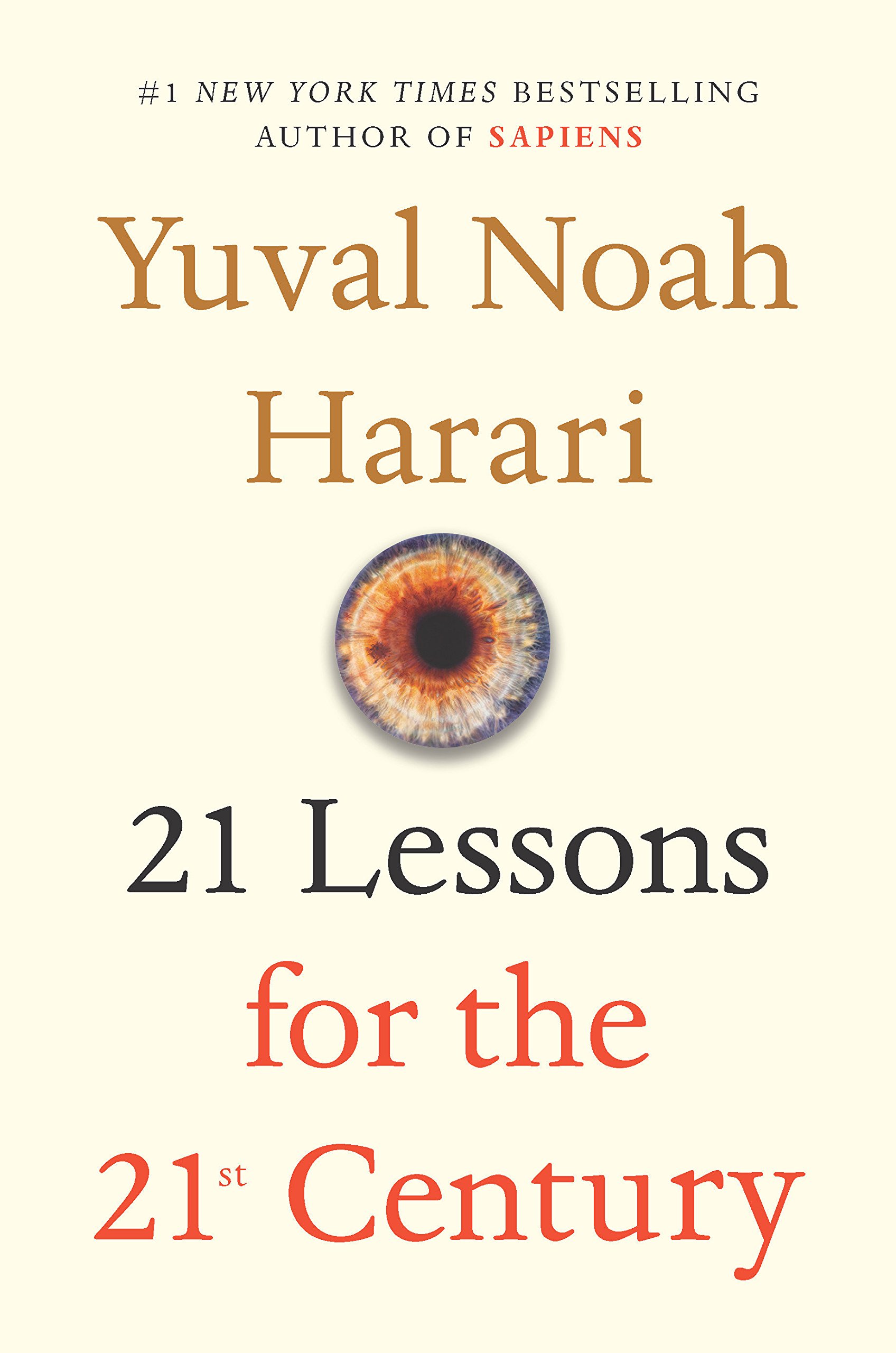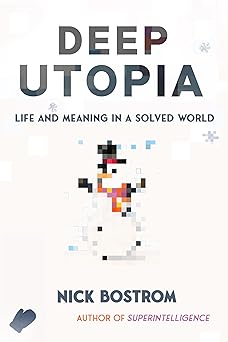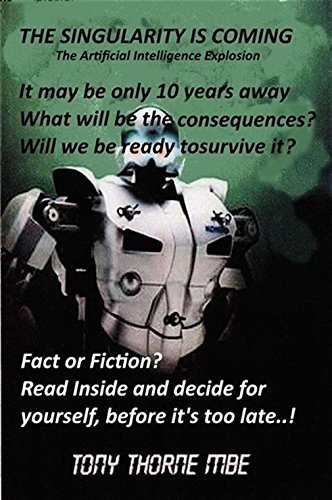
Homo Deus: A History of Tomorrow
Book Description
What if humanity’s greatest achievements are merely stepping stones to a startling new age? In "Homo Deus: A History of Tomorrow," Yuval Noah Harari explores the audacious possibilities of our future, where technology and intelligence redefine what it means to be human. As we grapple with the quest for immortality and the power to design life itself, profound questions emerge: Can we outsmart our very nature? Will algorithms dictate our choices, or will empathy prevail? Venture into a world of possibilities and confront the ultimate question: What happens when humans become gods?
Quick Book Summary
"Homo Deus: A History of Tomorrow" by Yuval Noah Harari examines the future trajectory of humanity, now that we have largely solved historical problems of famine, plague, and war. Harari contends that our species is redefining its ambitions, turning to the pursuit of immortality, happiness, and divinity through technology and science. The book explores how advancements in artificial intelligence, biotechnology, and data analysis are reshaping our societies, challenging long-held beliefs in free will, and potentially ushering in a new era where humans become god-like figures—Homo Deus. Harari warns that these changes come with significant ethical questions and unforeseen consequences, ultimately challenging readers to reflect on what kind of future we want to create—and who will benefit from it.
Summary of Key Ideas
Table of Contents
The New Human Agenda: From Survival to Immortality
Having triumphed over famine, plague, and war—historical scourges that defined human struggle—humanity is now shifting its ambitions toward new horizons. Our collective goal has evolved from mere survival to seeking immortality, unparalleled happiness, and even god-like abilities. Harari examines how this new agenda is reshaping politics, economics, and everyday life. He asserts that these aspirations, though ambitious, are being propelled by the same innovative spirit that conquered previous obstacles, and the quest for "divinity" underpins modern scientific efforts.
The Rise of Dataism and Artificial Intelligence
Central to this transformation is the unprecedented rise of artificial intelligence, machine learning, and massive data collection. Harari introduces "Dataism," a new worldview where algorithms and data-processing systems eclipse human decision-making and intuition. He explores how advancements in AI may render humans obsolete in many economic and social roles, shifting the locus of power from individuals to algorithms. This shift challenges our traditional notions of consciousness, creativity, and the nature of intelligence itself.
Biological Engineering and the Redefinition of Life
Biological engineering is another force revolutionizing what it means to be human. The book discusses the ethical dilemmas and societal implications of genetic modification, bio-enhancement, and the creation of artificial life. Harari warns that these innovations could lead to unprecedented health and longevity but also to new forms of inequality and discrimination—a world divided not by race or nationality, but by biological capability and access to technology.
The Decline of Humanism and Free Will
Harari argues that the philosophical underpinnings of human society—particularly humanism, with its faith in individual rights and free will—are being undermined. As algorithms can predict and shape our choices, the concept of personal autonomy may be fading. This erosion raises profound questions about responsibility, identity, and agency in the coming era. With machines orchestrating much of our lives, humanity must reconsider what makes us truly unique.
Future Ethics and the Distribution of Power
Finally, the book considers the ethical and political challenges of the future. Harari highlights the risk that only a small elite may benefit from technological breakthroughs, exacerbating inequality and social unrest. He calls for critical reflection on who will control technology and how we might distribute its gains justly. In confronting these urgent questions, Harari pushes readers to ponder what purpose we wish to assign to our new, vastly empowered Homo Deus—and what values we want to uphold in a rapidly changing world.
Download This Summary
Get a free PDF of this summary instantly — no email required.





